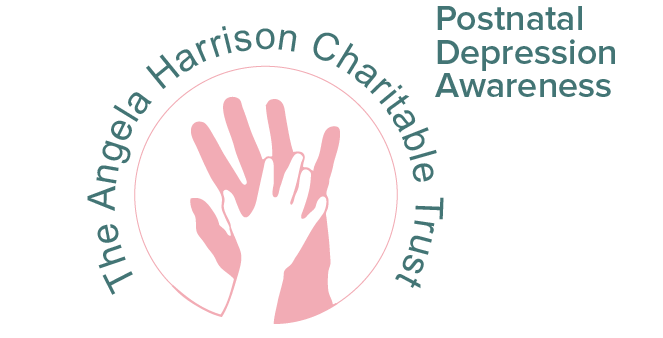UK pregnancy charity Tommy’s has partnered with NHS England, Public Health England and King’s College London to improve support for women who may get pregnant while managing a serious mental illness (SMI).
Up to 1 in 5 women have mental health problems during pregnancy and after birth, with depression and anxiety affecting 10-15 per cent of pregnancies*. Many of the 551,000 people in the UK currently managing SMI** are women who may be trying to conceive, or at risk of unplanned pregnancy, which could leave them vulnerable. Expectant and new mums with SMI are at higher risk of physical and mental health issues – for example, mothers diagnosed with bipolar or schizoaffective disorder are much more likely to develop post-partum psychosis.
Despite the need to carefully manage their SMI going into pregnancy, studies have shown that up to 90% of women will stop taking medication for an existing mental health problem when they stop contraception or when they discover they are pregnant. Although done with good intentions for fear of affecting the baby’s health, this often happens without talking to a health professional beforehand, which can have serious consequences such as causing a relapse***.
Experts from Tommy’s and KCL have teamed up with health authorities at NHSE and PHE to help women with SMI make informed decisions around when to get pregnant and how to treat their condition during pregnancy. Together the organisations have developed a new online information and support hub for anyone with SMI planning a pregnancy, as well as practical guidance for the frontline healthcare professionals who support them. The charity also updated its Planning for Pregnancy tool so preconception health advice is tailored for SMI.
Tommy’s CEO Jane Brewin explained: “Women with SMI have some of the worst pregnancy outcomes and are often overlooked in traditional pregnancy information, leaving them struggling for advice and support. We are delighted to have been involved in this project to develop targeted guidance for them so they can better plan for a healthy pregnancy. This additional hub and improved tool will now become part of the suite of our comprehensive PregnancyHub resources we offer for women to support their mental health in the perinatal period.”
Louise Howard, Professor of Women’s Mental Health at Kings College London, added: “I’m delighted that we have been able to produce these resources for women and healthcare professionals to support women with serious mental illness in planning for pregnancy. This will mean that women can be ready both physically and mentally for pregnancy and when getting to know their new baby and reduce the risk of physical and mental health complications. The period before pregnancy (preconception) is an ideal time to prepare for a pregnancy even if not actively planning to do so right now and I hope these resources will make women feel more confident and able to discuss future childbearing with their healthcare professionals.”
Consultant perinatal psychiatrist Dr Lucinda Green commented: “This is a fantastic resource. It will help healthcare professionals feel more confident in proactively discussing the possibility of future pregnancy with women of childbearing age who have had a serious mental illness. It will potentially reduce the chance of unplanned pregnancies, empower women who want to have a family, increase the number of women accessing specialist preconception advice and improve women’s physical and mental health before and during pregnancy.”
To find out more, visit www.tommys.org/planning-a-pregnancy-and-mental-illness


